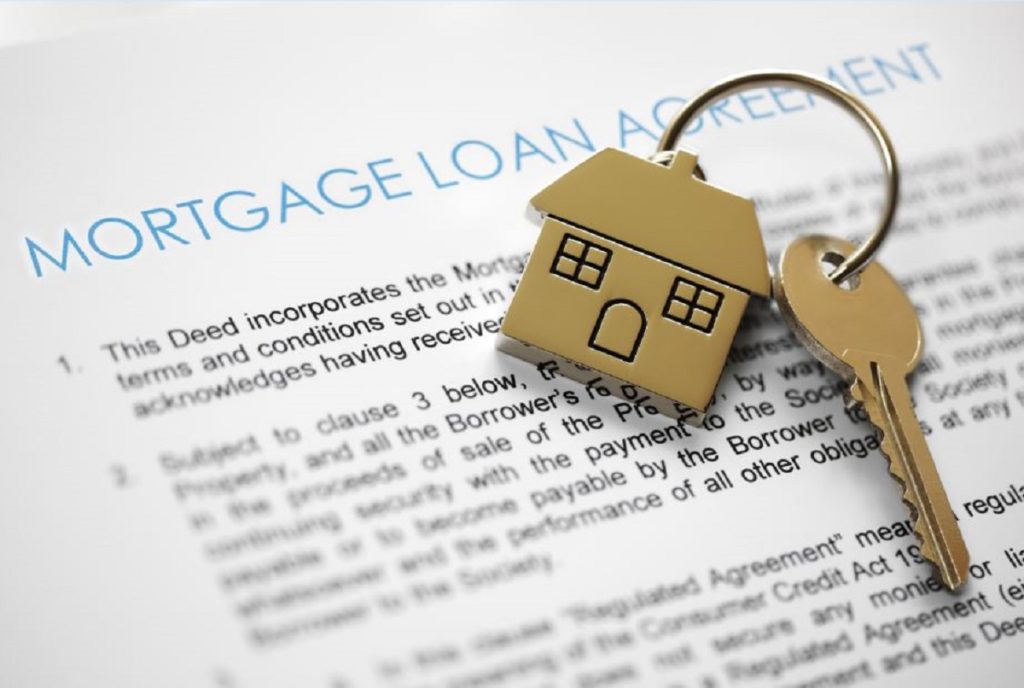- Determine your budget and include additional expenses like taxes, insurance, and maintenance costs.
- Consider the location of the property and its potential for future appreciation.
- Consider the property size regarding bedrooms, bathrooms, living areas, and outdoor space.
- Get a home inspection to identify any potential issues with the property.
- Consider your preferred property type and the features that you want in a property.
Purchasing a property is a significant investment, and it is essential to do your due diligence before deciding. There are several factors to consider when buying a property, including location, budget, and size. This guide will discuss five essential tips for purchasing a property to help you make an informed decision.
1. Determine Your Budget
The first step in purchasing a property is to determine your budget. You need to decide how much you can afford to spend on a property, including the down payment and closing costs. It is important to be realistic about your budget and not overspend.
When deciding on your budget, it is also important to consider the long-term financial impact of your purchase. Ensure that you have a financial plan in place to cover any unexpected expenses that may arise.
Here are tips on how to determine your budget
Calculate Your Income
The first step to determining your budget is to calculate your income. This includes any salary you receive from work, alimony or child support payments, and other sources of income. Understanding how much money comes into your household each month will help you determine how much can be allocated toward a mortgage payment.
Calculate Your Expenses
Next, determine your fixed and variable monthly expenses. Fixed expenses include rent or mortgage payments, utility bills, car payments, insurance premiums, groceries, etc. Variable expenses include entertainment costs or other miscellaneous items such as clothing or travel costs. Knowing how much money you need to cover these expenses will help establish a realistic monthly budget.
Factor in Additional Expenses

When creating your budget, it’s important to factor in additional costs associated with purchasing a property, such as insurance, taxes, closing costs, and other fees. It’s also important to consider long-term expenses like repairs or renovations that may be necessary. Consider setting aside some money for these expenses as part of your budget.
Seek Professional Advice
Finally, seeking professional advice when creating your budget is a good idea. A financial advisor can help you plan for your needs and resources. They can also provide insights into mortgage options, tax considerations, and other financial strategies to help you maximize your budget. Seeking the advice of a professional can help ensure that you have the resources available to purchase a property that fits your budget.
2. Location is Key
The location of a property is just as important as the property itself. You should consider the proximity to schools, shopping centers, and public transportation. If you have children, looking for a property in a good school district is essential. Also, check the area’s crime rate to ensure you are purchasing a property in a safe neighborhood.
It is also important to consider the potential for property appreciation in the future. Look for properties in areas that are up-and-coming and have potential for growth and development. Research the local real estate market to understand property values and trends.
3. Consider the Size of the Property
The size of the property is another crucial factor to consider. You should consider the number of bedrooms and bathrooms that you need, as well as the size of the living area. You may need a larger property with more space if you have a large family or plan to entertain frequently.
On the other hand, if you are a single person or a couple, a smaller property may be more suitable. Also, consider the size of the outdoor space. If you enjoy gardening or spending time outdoors, you may want to look for a property with a large yard. If you don’t have time for outdoor maintenance, you may prefer a smaller property with a low-maintenance yard.
4. Get a Home Inspection

Before purchasing a property, it is important to get a home inspection. A home inspection will identify any potential issues with the property, such as structural problems or water damage. It will also provide you with an estimate of any repairs that may need to be made.
If the home inspection reveals any significant issues, you may want to reconsider purchasing the property or renegotiate the price with the seller. A home inspection is a crucial step in the purchasing process that can save you money and prevent potential headaches in the future.
5. Consider Your Preferred Property
Finally, consider the type of property you prefer when purchasing a property. You may want to look for a condo unit for sale in Manila if you want a low-maintenance living option. A Manila condo allows you to amenities such as a pool, gym, and concierge services.
Taking the time to consider your preferred property type and the features you want is essential. You may have to compromise on some of your wishes, but having a clear idea of what you want can help narrow your search and ensure you choose the property that fits your needs.
Final Words
Purchasing a property is a significant decision that requires careful consideration. By following these five tips, you can make an informed decision that meets your needs and budget. Remember to consider your preferred property and don’t rush into a decision. With a little research and planning, you can find the perfect property.



